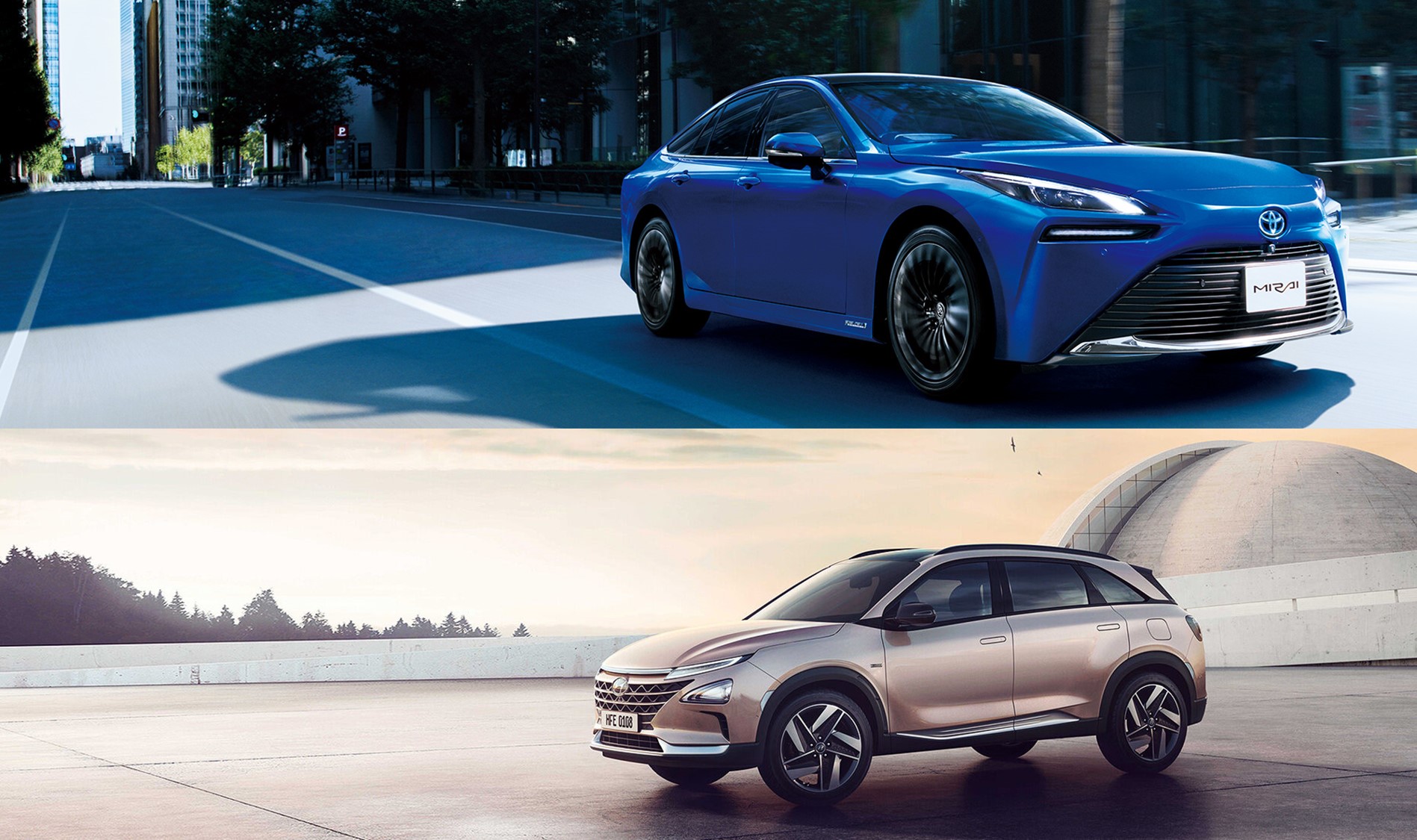Recently, Toyota and Hyundai announced the deepening of their partnership to advance future mobility technologies, with a particular focus on the development of hydrogen fuel-cell vehicles and humanoid robots.
According to The Korea Economic Daily, during a recent meeting in South Korea between Hyundai Motor Group Executive Chairman Chung Euisun and Toyota Motor Chairman Akio Toyoda, the two automotive giants agreed to deepen their cooperation.
Following a performance run of Toyota Motor's Yaris WRC at the inaugural "Hyundai N x Toyota GAZOO Racing Festival" held at the Yongin Speedway in South Korea, Akio Toyoda stated, "Together, Toyota and Hyundai are joining hands to create a better society and shape the future of mobility."
Citing sources, the media reported that the two companies will focus on the development of hydrogen fuel-cell vehicles and robotics, which involves significant costs.
As the world's top and third-largest car sellers, Toyota and Hyundai delivered 5.16 million and 3.62 million vehicles globally in the first half of 2024, respectively.
Both companies are early entrants in the hydrogen fuel-cell vehicle sector. Toyota Motor launched the world's first commercial hydrogen fuel cell car, the Mirai sedan, in 2014, followed by Hyundai Motor, which introduced its hydrogen fuel cell model, the NEXO, four years later. However, the hydrogen car market has
developed slowly, with global hydrogen car sales declining by 34.1% year-on-year to 5,621 vehicles in the first half of this year. Moreover, developing a hydrogen ecosystem requires substantial investment. The cooperation between
Toyota and
Hyundai will help promote the popularization of hydrogen cars. On the event of October 27, they also unveiled a range of new concept hydrogen vehicles.

Earlier this month, Hyundai's Boston Dynamics Inc. and Toyota Research Institute (TRI) formed a robotics alliance to jointly accelerate the development of general-purpose humanoid robots. Both automakers plan to use these AI-powered robots in their factories to reduce costs and improve product quality.
Hyundai Motor plans to deploy Boston Dynamics' humanoid robots in the coming years. Toyota is also expected to deploy humanoid robots in its car production process.
Tesla and BMW have recently taken the lead in introducing humanoid robots to their production lines. In June, Tesla Inc. deployed two Optimus robots in its car factory to perform simple tasks. In August, BMW Group tested its humanoid robot Figure 02 at its U.S. factory in South Carolina.







